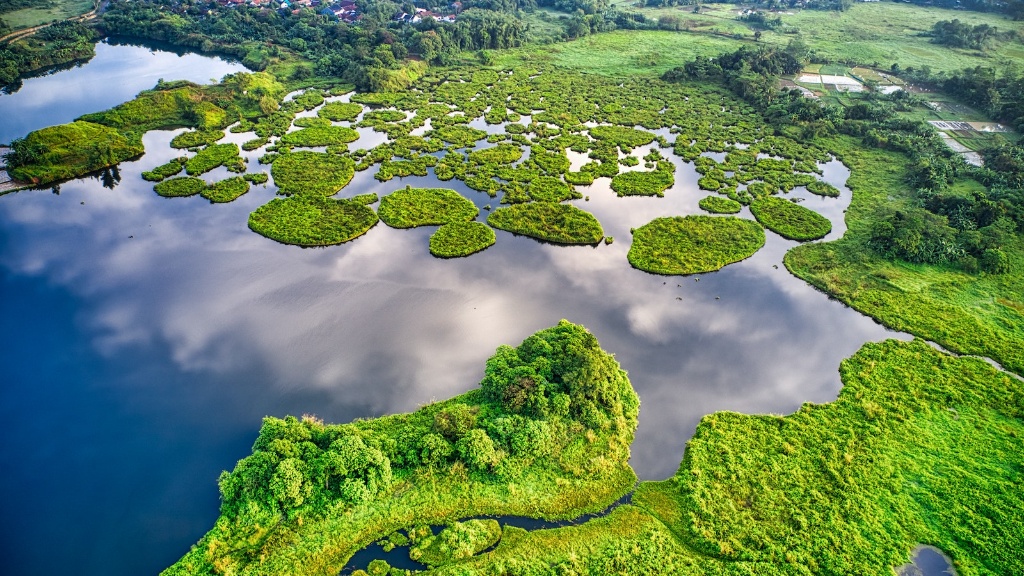The concept of climate change and global warming, though not entirely unrelated, refer to different aspects of environmental cycles, and have very different implications for our planet and our lives. To gain a comprehensive understanding of climate change and global warming, researching and considering both terms, as well as their implications, is necessary.
Climate change, more broadly defined, is the long-term alteration of global weather patterns, in terms of temperature, precipitation and wind, in both extremes and averages. Global warming, on the other hand, is a phenomenon in which global temperatures continue to rise, and it has often been used in relation to climate change, as the two concepts are linked.
It is important to note the distinction between climate change and global warming, as, while global warming is an outcome of climate change, global warming does not always lead to climate change, and vice versa. The distinction is made clearer when considering various scientific models developed to better focus on the factors and technologies driving climate change.
The Paris Agreement, for instance, considers greenhouse gases as the main driver of climate change. This does not necessarily mean that global warming is responsible for climate change, however. As other pollutants, such as particulate matter, aerosols and air pollutants, can alter global temperatures and climate, the focus on greenhouse gases as the main driver of climate change has become exclusive.
As a result, while the Paris Agreement is a helpful and effective tool to control climate change, global warming continues to occur, as many of the sources of air pollutants and aerosols, such as automobiles and coal-fired power plants, are still used.
In addition to exceptions to the Paris Agreement, other research has associated global warming and climate change with a number of causes, other than emissions from human activities. Factors such as solar variability and aerosol emissions from natural sources, particularly from volcanoes, have been widely considered to have a major role in the climate changes over time.
These natural sources of emissions, as well as variations in global temperatures, make comprehending the magnitude of global warming and climate change difficult. This is why many are continuing to research and model the factors at play. For example, the Intergovernmental Panel on Climate Change (IPCC) is constantly studying the effects of global warming and climate change and providing scientific analysis regarding the best practices to reduce their effects.
Ultimately, while climate change and global warming are related, they are distinct phenomena. An understanding of these two separate topics can lead to a better understanding of the causes of climate change, their implications and how we can best reduce them.


